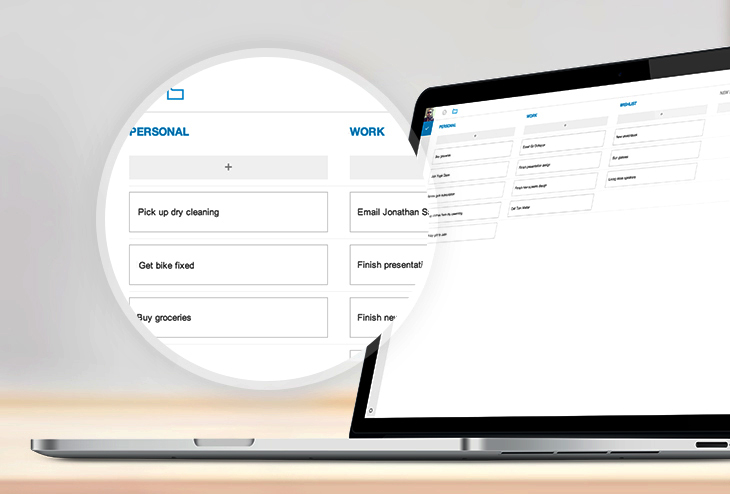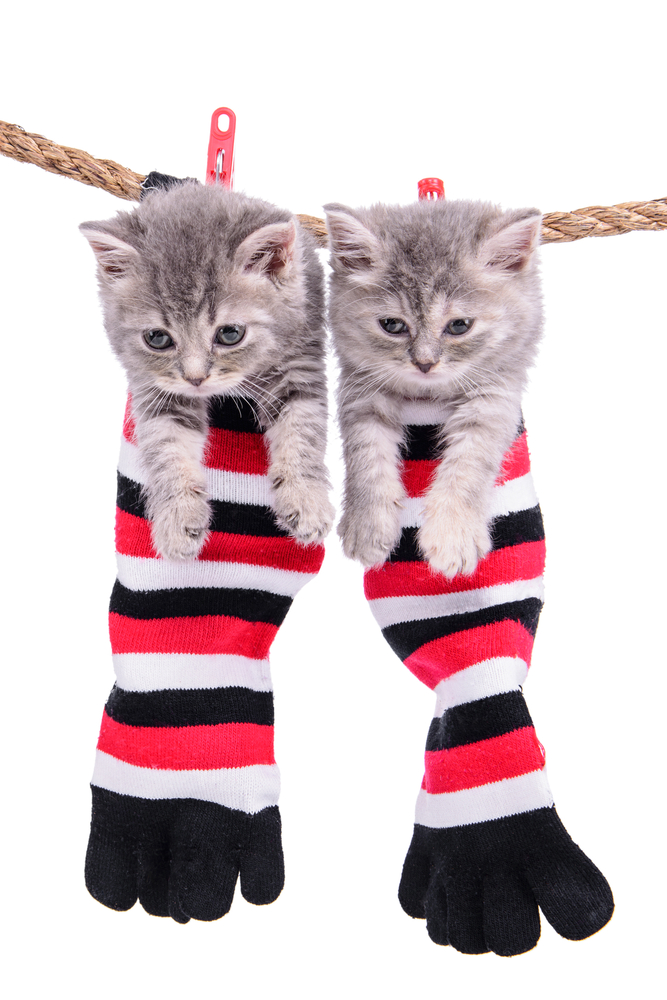
Chrome takes another step towards protecting users with new malware measures
Google's Chrome web browser has been actively attempting to protect its users since inception, which is a tall order given today's climate. While blocking certain things is easy, protecting customers from their own mistakes is much more difficult.
Now the company is announcing a new way to do exactly that, letting it be known that users will no longer be able to install extensions from any location other than the approved Web Store. "From now on, to protect Windows users from an attack, extensions can be installed only if they're hosted on the Chrome Web Store. With this change, extensions that were previously installed may be automatically disabled and cannot be re-enabled or re-installed until they're hosted in the Chrome Web Store", says Eric Kay, an engineering director with the search giant.
My two years with Chromebook
Colleague Alan Buckingham is on a summer sojourn using HP Chromebook 11. I took similar journey during August and September 2011, but the Samsung Series 3 Chromebook -- much as I liked the overall user experience -- couldn't satisfy my needs. In May 2012, with Samsung Chromebook Series 5 550's release, all changed. I started down a permanent path, looking back once for a few weeks. I am a Chromebook convert and eagerly watch to see where Alan will be when the summer sun fades to autumn colors.
"Can I use Chromebook as my primary PC?" It's a question I see often across the Interwebs. The answer is different: You can use Chromebook as your only computer. The only PCs in my home are Chromebooks. There are no Macs or Windows machines doing double duty. Chromebook is more than good enough. Most people will be surprised just how satisfying Chromebook can be -- and how affordable. For 96 cents more than the cost of one entry-level MacBook Air, you can buy from Amazon four HP Chromebook 11s -- the model Alan uses now. User benefits are surprisingly similar.

The most popular stories on BetaNews this past week: May 18 -- May 24
It should come as no surprise that this week's big news was Microsoft's Surface Pro 3 unveiling. Brian had been looking forward to the NYC event and was at the event to get hands on with the new device. There's certainly a lot to love about Microsoft's third generation tablet, but there is that price to consider. If you like the look of what you see, the device is available for pre-order right now -- and if you're undecided between the Surface and a MacBook Air, Mihaita compared the two. Maybe you're one of those who thinks it’s a niche product.
The Surface Mini failed to make an appearance, but there are still lots of other tablets to choose from -- although they are yet to make much of an impression in higher education, unlike Chromebooks which have found their way into Welsh schools. Will Microsoft's tablet manage to attain the longevity of Apple's iPad? You'd be forgiven for thinking that hell itself had frozen over at the news that work is underway that will make it possible to run Android and iOS apps side by side on the same device.

Warning to Android users -- Outlook.com app stores emails unencrypted
Reverse engineering apps is an interesting field of work. On one hand, it can be used by software engineers to determine how an app works so they can copy it. On the other, the method can be used by those with malicious intent to track down weaknesses that can then be exploited. But there's also a third hand. Reverse engineering can also be used to highlight security problems with a view to not only alerting those affected, but also addressing the problem.
Researchers at Include Security, whilst practicing their reverse engineering skills, turned their attention to the Outlook.com app for Android and discovered a potentially worrisome security issue.

Finally! Task and todo list manager Any.Do gains a web app
Today is a day of celebration for fans of Any.Do -- the todo list and task manager for iOS, Android and Chrome. Some four years after its inception -- and after many, many demands from the service's user base -- Any.Do has, at long, long last, gained a web app. Founders Omer Perchik, Yoni Lindenfeld, and Itay Kahana have successfully avoided a brouhaha from users by finally delivering what they describe as "the number one most requested feature by our users".
Any.Do has proved incredibly successful on mobile platforms -- as well as in Google's web browser -- amassing more than 10 million users. Perchik says: "Web is a huge market we haven't even touched yet. There's a world of people who haven't considered us because they need a full web experience, right on their computer screens" of the launch. "We're conquering mobile, now it's time to break out in a broader market".

Google leapfrogs Apple to become world’s most valuable brand, Microsoft does well
Google has passed Apple in the brand stakes for the first time with technology dominating the world’s top ten most valuable brands including a strong 12 months for Microsoft.
Research from Millward Brown shows that Google’s brand value grew by 40 percent from 2013 to 2014 as it moved from second to first place with a valuation of $159 billion ahead of its competitor Apple, which saw its value drop 20 percent to $148 billion.

Google buys translator app Word Lens -- and now it's free
Google has acquired Quest Visual and its top translator app Word Lens, according to a statement on the Quest Visual site.
One immediate benefit for everyone is that the app -- and its language packs -- are now free to download, although apparently "for a limited time" only.

Google invades Wales, gets Chromebooks into schools
Google yn dod i ysgolion Cymru. Google continues to battle Windows and Office 365, trying to get its own products adopted in the market, focusing on education, business and governments. And Chromebooks have made inroads in this area.
Now the search giant announces it has scored a victory in Wales, bringing its platform to schools within the nation. "Around the world, schools are finding innovative ways to use technology to break down the traditional walls of the classroom, while overcoming the challenges of higher academic standards and tighter budgets. Today, we’re pleased to share the stories from two schools in Wales who’ve gone Google to help them meet the demands of a modern-day education system" says Liz Sproat, head of education at Google.

Google, somehow, gains 100% rating for protecting user data
It may seem as though Google feels the sharp end of many tongues -- be it about problems with Glass, for shaping the content of the internet, or the way it handles advertising. But more often than not, the big G finds itself on the receiving end of criticism for being in bed with the NSA for the way it handles user privacy. In spite of all of the ammunition unleashed in Google's direction, the company has -- incredibly -- been awarded a full six stars out of six by the Electronic Frontier Foundation for protecting user data from government requests.
The EFF's Who Has Your Back? report ranks and rates the performance of some of the biggest names in the world of tech for handling user privacy in the face of government data requests. Finding ourselves in a world now tainted by the activities of the NSA, privacy and accountability have become more important to internet users than ever before. The Electronic Frontier Foundation prides itself on "defending your rights in the digital world", and its annual report looks at the performance and promises of 26 companies who handle your data.

Google preparing an online tool for 'right to be forgotten' removal requests
Google is reportedly readying an online tool which people will be able to use to request that search results pertaining to them are removed from Google's search engine.
This follows a ruling by an EU court earlier this week on the "right to be forgotten", which decided in favor of a Spanish man who had requested that Google remove links (not web content, but search links) which pointed to articles concerning his house repossession for debt repayments. The man claimed that because the incident occurred in the late nineties, it was now "irrelevant", and for it to be made publicly viewable by Google was a violation of his privacy rights.

Google celebrates the Rubik's Cube's 40th birthday with an interactive doodle
I’ve met and/or spent time with some famous icons over the years -- including drinking beer with the Sex Pistols in LA -- but oddly I’m most pleased to have met Alexey Pajitnov, the creator of Tetris, and Ernő Rubik, the man who invented the Rubik’s Cube (I didn’t meet them both at the same time, sadly -- that really would be a story).
Rubik’s most famous invention is forty years old today, and as clever and as frustratingly difficult to master as ever. When I was a kid, the only way I could crack it was by actually cracking it open. Popping the corners out, dismantling the cube and then reassembling it. Or cheating, as some people might say.

Google would be wrong to abandon Plus or Nexus
If you believe the rumors -- and I rarely do, unsubstantiated -- Google+ and Nexus are over. Gossipers claim the social network will lose identity and prominence, while the Nexus 6 smartphone is no more than dust in the wind. Who is writing the script here? George R. R. Martin? Because the Google killing-spree has a "Game of Thrones" (aka Song of Ice and Fire) feel to it -- you don't know which product will be killed next. For sure, the death count is mighty since Larry Page's return as CEO three years ago.
But Google will make a huge mistake if it backs off Plus, or worse, puts Nexus to the sword. These assets' value is immeasurable. Enthusiasts are any company's best marketers, and these products command large and vocal fan bases. Enthusiasts are crucial to Google gaining and maintaining brand charm, particularly as government overlords answer competitor complaints: "Antitrust! Antitrust!" Fans aren't just good marketers, they are foot soldiers rallying against invaders, like European or U.S. trustbusters.

The most popular stories on BetaNews this past week: May 11 -- May 17
The past week was one dominated by privacy and security related stories. A court ruling in Oracle's favor means that the company is able to claim copyright protection for APIs subsequently used by Google in Android. The long term effects of the ruling are yet to be understood, but they could certainly be far-reaching. Privacy hit the headlines again as SanDisk works on a self-encrypting SSD, and Google was told that users can request that information about them be removed from search results -- of course it didn't take long for the requests to start rolling in.
New research shows that there has been an increase in online suspicion, indicated by a huge increase in the levels of encryption used. The UK government approved the use of Samsung KNOX devices which could help to allay fears about BYOD. Google announced GAME -- Google Apps Message Encryption -- to provide end-to-end encryption for email outside of the Gmail ecosystem.

Google Hangouts hanging out with Microsoft Outlook
Google's Gmail is a formidable email service, offering many features. Sadly, the UI is a bit poor and the overall feeling is amateurish. Many true professionals access email using the gold standard -- Outlook. While Microsoft's email software sometimes feels a bit bloated, that is probably because it is chock-full of useful things. Other than email, it is a dream for calendars, task-tracking and overall life organization.
With that said, whether I am on Windows or Mac, I always am sure to install Office so I can setup my email accounts with Outlook -- including Gmail. Unfortunately, by using Outlook rather than the Gmail web interface, I lose out on some goodies, such as starting a Hangout. Well, today this changes, as Google announces Hangouts and Outlook are hanging out with each other.

Google already receiving 'right to be forgotten' link removal requests
A ruling by the EU Court of Justice earlier this week has caused considerable controversy, and that's likely to be fueled by the news of the people who have tried to jump on the "right to be forgotten" bandwagon following the judgment.
This whole affair began when a Spanish man noticed that Google search results of his name brought up newspaper articles about the repossession of his house due to debts back in the nineties. He argued that this was old news now, and "irrelevant", and that Google should remove those links from being publicly viewable in its results because they were effectively an infringement of his privacy rights. The EU court agreed.